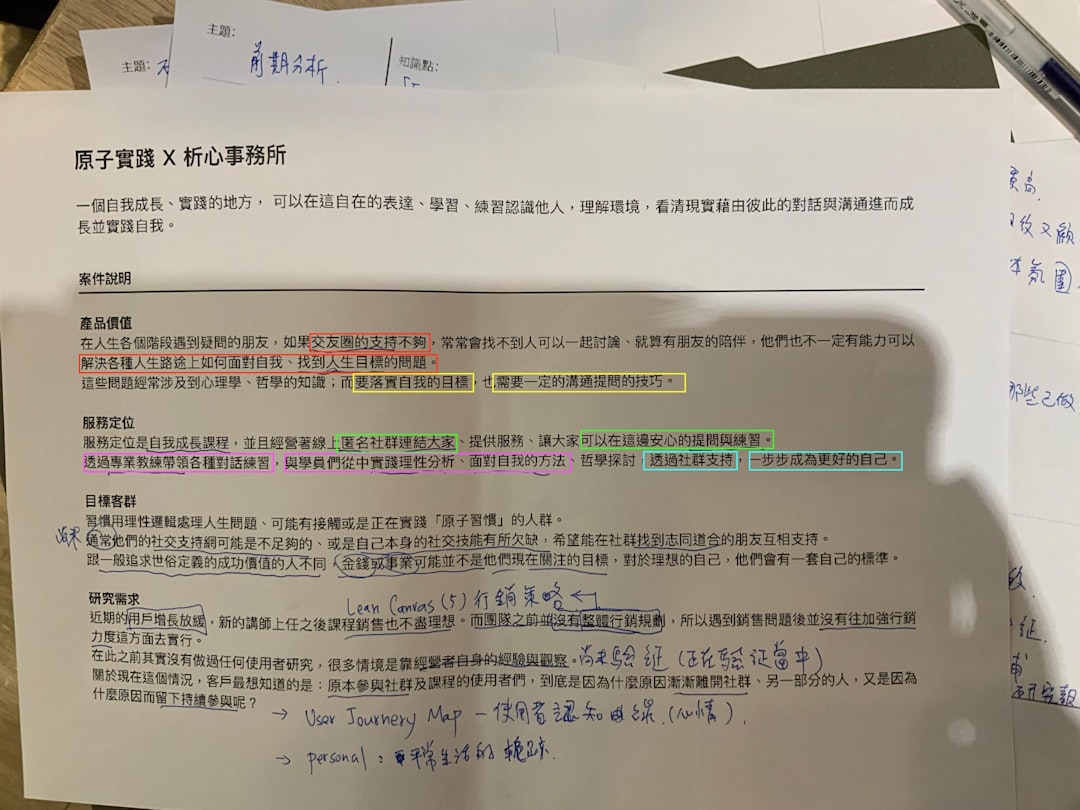As artificial intelligence evolves, it continues to reshape the world of content creation. The process of generating high-quality, SEO-friendly articles using AI has become more refined and efficient. While AI can produce a vast amount of content in a short period, ensuring the output is valuable and optimized still requires a structured approach. This article explores the AI content creation process from the perspective of an experienced digital marketer who leverages AI tools to create engaging, search-friendly articles.
The Foundations of AI Content Creation
Creating content with AI begins with a comprehensive understanding of the topic and the target audience. It’s not just about letting the machine do the work — a strategic framework enhances AI’s abilities significantly.
- Topic Research: The first step involves researching trending topics, popular queries, and pinpointing content gaps. Tools like Google Trends, AnswerThePublic, and SEMrush offer valuable insights.
- Keyword Strategy: Identifying both primary and secondary keywords ensures the content is visible to search engines. Long-tail keywords, in particular, are integrated to attract more targeted traffic.
- Intent Analysis: Understanding the search intent behind queries helps align the content with user expectations — whether informational, navigational, or transactional.
Generating the First Draft
Once the groundwork is laid, the AI is prompted with a detailed brief. A typical prompt includes the article’s title, outline, keywords, tone of voice, and the desired word count. High-quality AI writing tools like GPT-4 can produce robust first drafts, but they still require human oversight to refine.
The initial output is analyzed for readability, structure, and engagement level. Any inaccuracies, redundancies, or off-topic segments are edited for precision.

Enhancing SEO and Readability
To make the article SEO-friendly, the author applies on-page optimization techniques. These include:
- Keyword Integration: Ensuring the keywords appear naturally within headings, subheadings, and throughout the main content.
- Internal and External Linking: Linking to related posts and authoritative sources not only improves SEO but also adds value for readers.
- Optimized Formatting: Using HTML tags such as
<strong>and<em>, bullet points, and numbered lists enhances readability. - Metadata Optimization: Creating an attention-grabbing meta title and description helps with click-through rates in search engine results.
Readability is further improved with shorter paragraphs, clear subheadings, and a logical content flow. Tools like Hemingway Editor or Grammarly assist in tightening prose and improving sentence structure.
The Final Review and Human Touch
Even with the most advanced AI, human insight remains crucial. During the final review, the content is fact-checked, edited for tone consistency, and formatted appropriately for the publishing platform.

This final step includes adding relevant images, infographics, or charts, adjusting for mobile responsiveness, and previewing the article as it would appear live. Personal anecdotes or expert commentary can also be infused at this stage to add authenticity and a human voice to the piece.
Conclusion
AI content creation, when executed with a well-defined process, can produce articles that are both informative and optimized for search engines. The synergy between machine efficiency and human creativity ensures each piece serves its intended purpose—whether it’s to inform, convert, or inspire.
Frequently Asked Questions (FAQ)
-
Q: Can AI content rank on Google?
A: Yes, AI-generated content can rank well on Google as long as it meets quality standards, is optimized for relevant keywords, and provides real value to the user. -
Q: Is human editing necessary for AI-written articles?
A: Absolutely. Human editing ensures factual accuracy, enhances tone, and adds a unique voice that AI may lack. -
Q: How do I choose the best keywords for my AI content?
A: Use keyword research tools to find high-volume, low-competition phrases relevant to your niche and audience intent. -
Q: What is the best AI tool for content writing?
A: Tools like ChatGPT, Jasper, and Writesonic are popular choices. The best option depends on your specific needs and budget.




